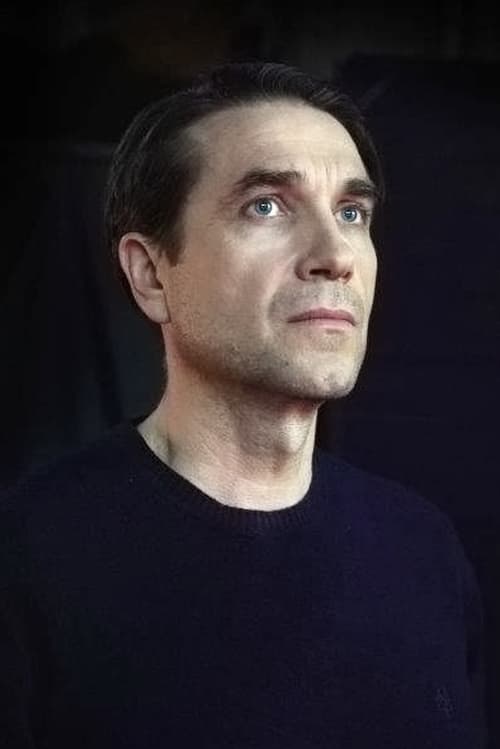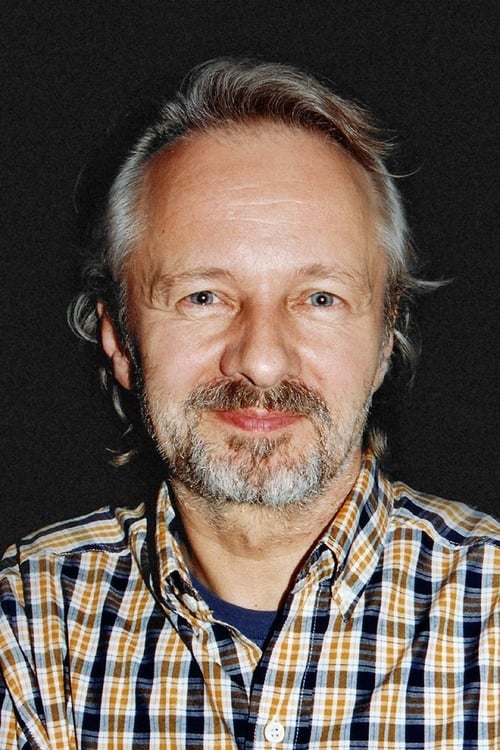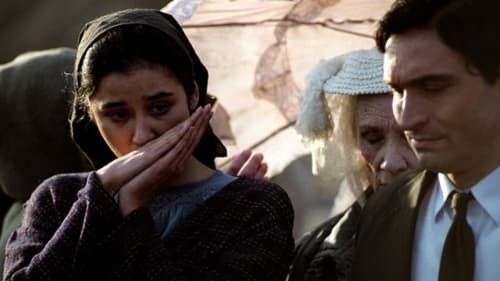Fear of Falling (2011)
ジャンル :
上映時間 : 1時間 27分
演出 : Bartosz Konopka
シノプシス
Tomek leads a comfortable life as a TV anchor and family man when he receives a troubling message from the psychiatric hospital in his hometown: his father, whom he has not seen in years, has just been admitted. Against the advice of friends and family, not to mention his own better judgment, Tomek returns home to face the man he hardly knows. After a failed, guilt-ridden attempt to sell his father’s apartment, Tomek decides to make up for lost time. Kidnapping his aging father from the hospital, the two embark on a vacation to the mountains in an effort to restore some semblance of a relationship.

The Polish artist Julia and her husband Piotr, a talented and successful composer, live in Kraków. When Julias's mother, Barbara falls ill with stomach cancer, the life of the family is falling apart. Julia accompanies her mother to death, but her husband Piotr is at rehearsals in Cologne and leaves her to cope with this difficult situation. Only her friend Adrian is at her side. Her father Jurek is also overwhelmed by the impending loss of his beloved wife. After the death of the mother her father takes comfort from alcohol. Shortly after the father dies. Julia found only in the arms of Adrian to rest, but this in turn destroyed her marriage to Piotr. After the loss of the parents and break up of the marriage she is now alone in the world with an uncertain future where Adrian is of little help

Wlodek is a young man stuck in a dead-end job at the local library who lives with his harridan wife and critical in-laws in a small apartment. When Wlodek draws the interest of a library patron, the beautiful young woman encourages him to strive for better things in his life and professional career. Together, the two take off for a three-day affair, but surprises could await Wlodek upon his return home.

The story of male friendship, vitality and the joy of living, even after turning 60 years old. When one of the three friends is taken to hospital, the others are there for him.

Ever since I started making films it has bothered me in a certain sense that film images are far too concrete, because technically they try to imitate the sense of space characteristic of everyday life. So the story ignites the imagination only to be slowed down by the images and stops the viewer from taking a flight of fantasy. I have always been searching for an intrinsically different tool in filmmaking. One that could record space in its temporal progression. I would never have thought it existed!

A documentary about Isa Abdullah Ali, an American Muslim, who has been part of many Muslim military movements.

Sampson is one of several Andrzej Wajda films harking back to his youth during the Nazi Occupation of Poland. Many of these concern not only the struggle between good and evil, but also between passive and impassive. The hero is a Jewish youth. He, like his family, has always been silent and undemonstrative in the face of prejudice. Now he stands up for his right to survive, and in so doing represents the fighting spirit that culminated in the 1943 Warsaw Uprising. It was originally titled Samson, but re-spelled as Sampson upon its American release to avoid confusion with a sword-and-sandal epic of the same name.
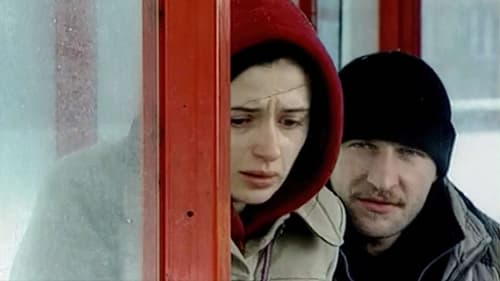
On an ordinary winter's day, various people from outside Warsaw come to the Polish capital city for different reasons. They all have something to deal with, and their paths eventually intertwine.
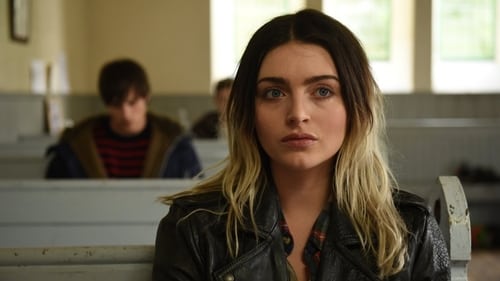
Two teenage step brothers head off on a road trip across Scotland, with their relationship challenged by Caitlin, the free spirited and enigmatic girl who comes between them.

A group of young friends from the country decides to toss out their morals and go for the gold in this Polish-made drama. Believing that money is the only thing they need to be happy, the ambitious pals engage in serious crime, eventually causing some of them to wonder if the prize was really worth the price. Robert Olech, Maria Pakulnis, Jacek Rozenek, Piotr Glowacki and Dominika Markuszewska star.

This highly personal film essay demonstrates that Chinese cinema has dealt with questions of gender and sexuality more frankly and provocatively than any other national cinema. Yang ± Yin examines male bonding and phallic imagery in the swordplay and kung fu movies of the '60s and '70s; homosexuality; same-sex bonding and physical intimacy; the continuing emphasis on women's grievances in melodramas; and the phenomenon of Yam Kim-Fai, a Hong Kong actress who spent her life portraying men on and off the screen.
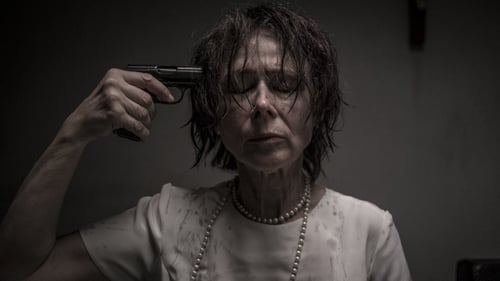
A little known episode from the life of Stalinist security police office Julia Brystiger. Her nickname Bloody Luna was a reference to her incredibly brutal methods of interrogation. In the early 1960s, she appears in a centre for the blind on the outskirts of Warsaw, a place often visited by Cardinal Wyszyński, whose imprisonment in 1953-1956 Brystiger supervised personally. During a difficult and heated discussion with the cardinal, Brystiger denounces the communist ideology and begs for forgiveness for her crimes and for guidance in her search for God.

Ki is a young woman who no longer wants to live with the father of her child. She moves into a house in which lives Miko, a serious man who does not care for distractions. The responsibility of raising a child on her own comes up against the need to work and the wish to live a carefree life.

A loving couple struggle to fend for themselves in modern day Los Angeles, One a loner and down and out, the other a lonely but hardworking secretary. Eventually, as cracks form in their passionate relationship, they resort to robbing an aging actress for money.
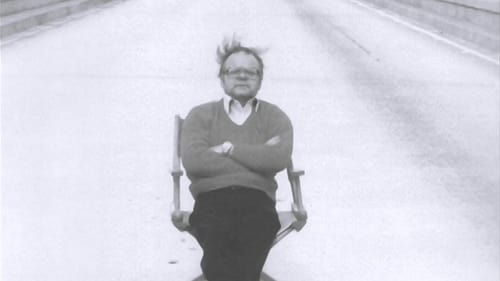
This documentary examines the life and legacy of controversial Italian filmmaker Lucio Fulci through interviews with his colleagues, each of whom answers the question, "What is your fondest memory of Lucio Fulci?". The responses are as varied as the people who knew the late writer-director, providing a nuanced look at the man behind such gory grindhouse classics as City of the Living Dead and The House by the Cemetery.
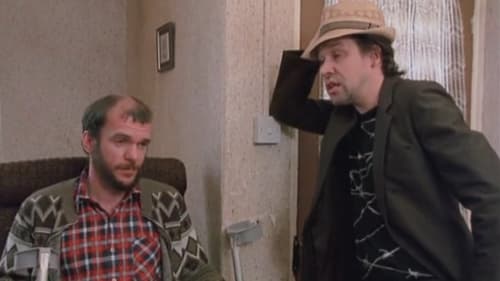
Two couples, one Catholic, one Protestant, exist on two sides of the chasm that is everyday life in Northern Ireland.
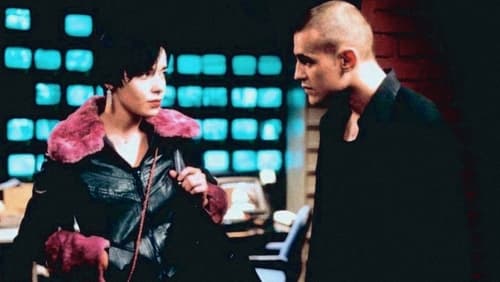
On Christmas Eve, Léa and Juliette, a couple, want to rob a supermarket that Juliette knows is empty of surveillance on this festive evening. But, as much for each of them as for Eric, the vigil who is there after all, nothing will happen as planned. Besides, shortly before leaving him alone, the store manager gave Eric a gun, just in case.
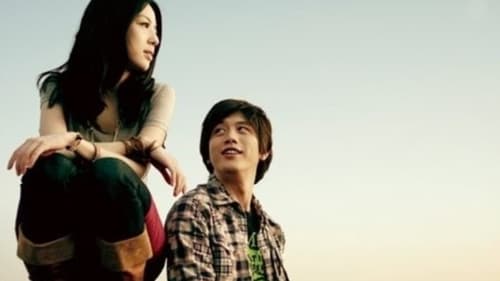
Moody, atmospheric ghost story starring Mason as a retired tradesman who purchases an old mansion that has been vacant for 40 years because it is believed to be haunted by the spirit of a young woman who had died there. Unaware of the mansion's reputation, Mason and his wife Mullen move in and hire a young woman, Lockwood, to keep house. Soon after Lockwood's arrival, strange things begin to happen in the household, and it becomes apparent that she is possessed by the spirit of the dead girl, though Mason scoffs at the idea. On death's door and bedridden, Lockwood asks for the same doctor who treated the woman who died 40 years ago. He arrives and treats her. The next morning Lockwood is cured, and it is revealed by the police that the doctor's dead body was found in his carriage hours before the time Mason claims he arrived to see Lockwood. Convinced that not only the ghost of the girl but that of the doctor as well entered his home, Mason finally believes in the supernatural.

Maria and Tom are in their thirties and have been married ten years. They live in a small town. Both find professional fulfillment in their jobs he in a design company, she at the town hall. They are working together on the decoration of their apartment and are expecting a baby. It seems that nothing is capable of disturbing their peaceful lives. But one day the mayor, who has long lusted after Maria, rapes her. She decides not to report this to the police. Nor does she tell her husband. From that day forth, their love is put to the test.
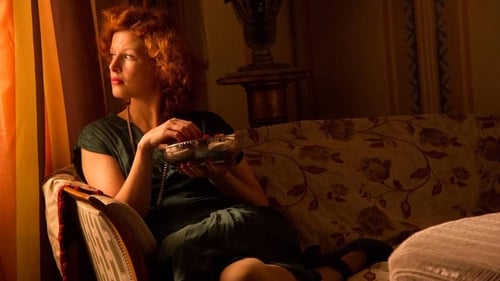
A journalist from Warsaw travels to Silesia and manages to find a tenement house full of exceptional inhabitants.

